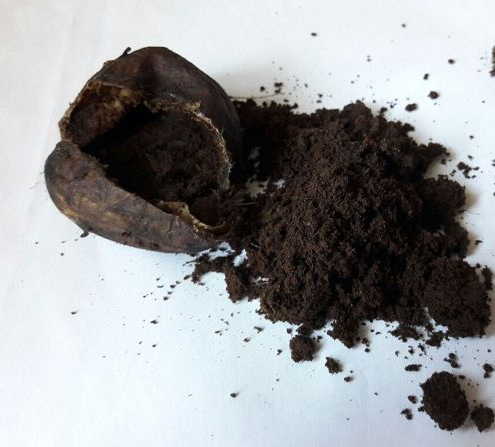Herbal Medicus
Musk | Kastoori | Kasturi | Moschus Moschiferus | کستوری | مشک
Musk | Kastoori | Kasturi | Moschus Moschiferus | کستوری | مشک
Couldn't load pickup availability
English Name : Musk
Latin name : Moschus Moschiferus
Urdu Name : Kastoori , Kasturi
Musk obtained from wild musk deer is soft, oily, and loose. The surfaces of irregular spherical or granular ones are mostly purple-black, oily, and shiny, with a few lines, and the section is dark brown or yellow–brown. The powdery ones are mostly tan or yellow–brown, and consist of a small amount of fine hair and shed inner membrane. Musk obtained from domestic musk deer is granules, short strips, or irregular clumps. The surface of these clumps is uneven, purple-black or dark brown, oily, slightly shiny, with a small amount of hair and shed inner membrane. Musk possesses an intense and peculiar aroma and tastes slightly spicy, slightly bitter, and salty.
Musk, the dried secretion from the musk sac gland which is located between the navel and genitals of mature male musk deer, is utilized as oriental medicine in east Asia. It has been utilized to treat conditions such as stroke, coma, neurasthenia, convulsions, and heart diseases since ancient times.
Modern pharmacological studies have proven that musk possesses potent anti-inflammatory effects, neuroprotective effects, anti-cancer effects, antioxidant effects, etc. Moreover, muscone, the main active ingredient, possesses anti-inflammatory, neuroprotective, antioxidant, and other pharmacological effects.
Recommended Dosage: 60 mg to 120 mg.
Contraindication: This has no known warnings or contraindications.
Share


